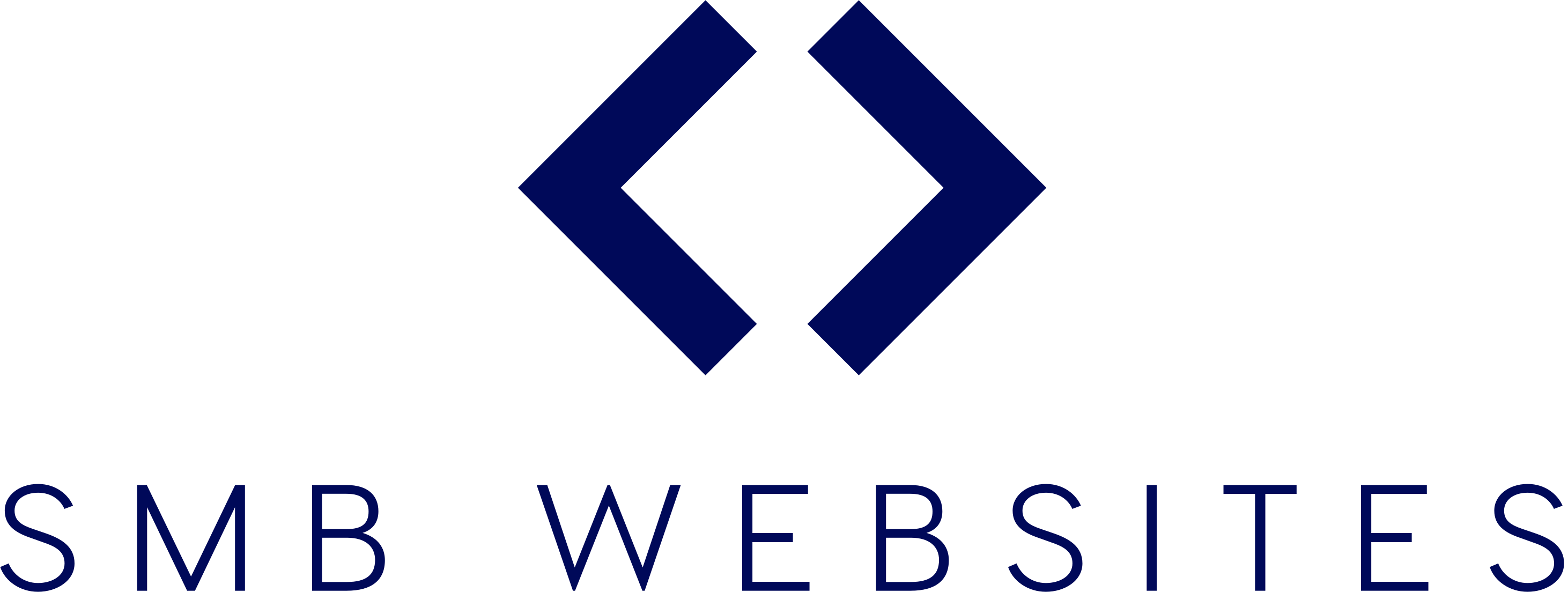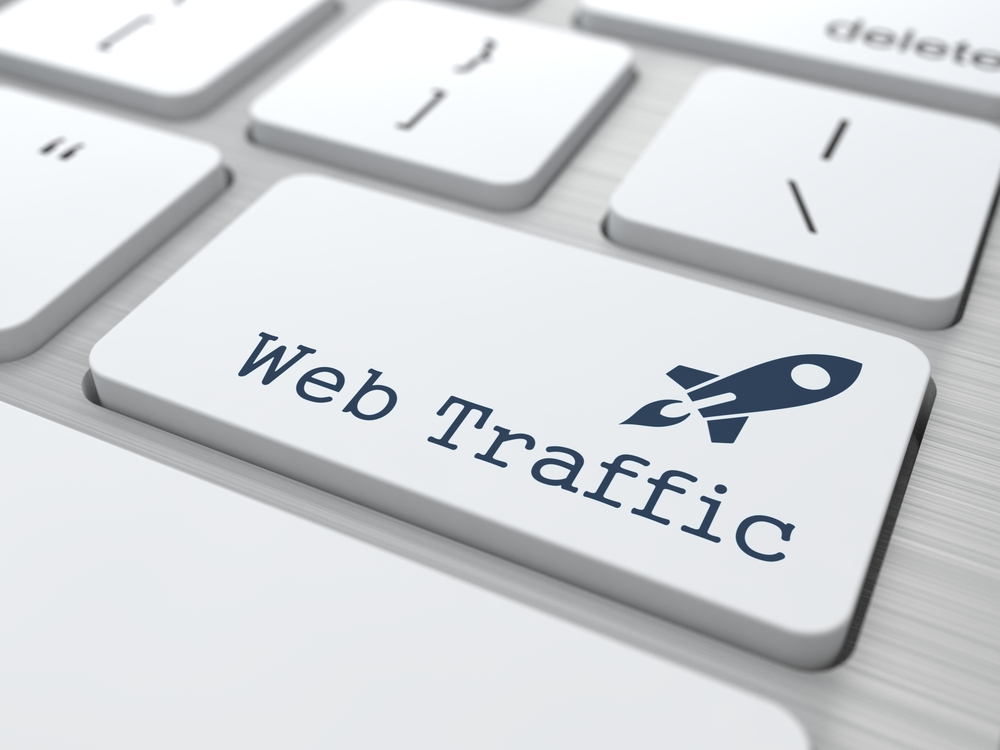Use Social Media to Push Web Traffic to your site!
- Why social media is important for driving traffic
Social media has become an essential tool for businesses to drive traffic to their websites. With billions of active users across various platforms, social media provides a vast audience for businesses to tap into. By incorporating social media into your marketing strategy, you can increase your brand's visibility, reach a wider audience, and ultimately drive more traffic to your website.
The beauty of social media is its ability to connect businesses with their target audience. It allows businesses to engage with their followers, build relationships, and establish a loyal customer base. Social media platforms also provide an opportunity for businesses to showcase their products or services and promote their brand in a visually appealing manner.
Moreover, social media has a significant impact on search engine optimization (SEO). By sharing your website's content on social media platforms, you are increasing the likelihood of your website being found by search engines. Social media signals, such as likes, shares, and comments, are also taken into account by search engines when determining the relevance and authority of a website.
In addition to its impact on SEO, social media's power lies in its ability to encourage social sharing. By creating shareable content that resonates with your audience, you can increase the reach of your brand and drive more traffic to your website. Encouraging social sharing can be as simple as adding social media sharing buttons to your website or creating contests and giveaways that encourage users to share your content with their friends and family.
In conclusion, social media is an essential tool for businesses looking to drive traffic to their websites. By optimizing your social media profiles, creating engaging content, and promoting your website through social media ads and influencers, you can increase your brand's reach and drive more traffic to your website. Don't forget to measure the impact of your social media efforts and adjust your strategy accordingly to achieve the best results.
-The reach of social media
When it comes to reaching a wider audience, social media platforms are an invaluable tool for businesses. With billions of active users on platforms like Facebook, Twitter, and Instagram, social media provides a vast audience for businesses to tap into. By creating engaging content and building a following on social media, businesses can expand their reach beyond their existing customer base and attract new customers to their website.
In addition to helping businesses reach a wider audience, social media also has a significant impact on search engine optimization (SEO). When businesses share their website's content on social media platforms, they increase the likelihood of their website being found by search engines. Social media signals, such as likes, shares, and comments, are taken into account by search engines when determining the relevance and authority of a website. This means that businesses that have a strong social media presence are more likely to rank higher in search engine results pages (SERPs).
Furthermore, social media can also help businesses build backlinks to their website, which is a crucial factor in SEO. When businesses create shareable content that resonates with their audience, they increase the likelihood of their content being shared by other websites and social media users. This, in turn, can lead to more backlinks to their website, which can improve their search engine rankings.
In conclusion, social media is an essential tool for businesses looking to reach a wider audience and improve their SEO. By creating engaging content and building a following on social media platforms, businesses can expand their reach beyond their existing customer base and attract new customers to their website. Additionally, by sharing their website's content on social media platforms and building backlinks to their website, businesses can improve their search engine rankings and drive more traffic to their website.
-The power of social sharing
Social sharing plays a crucial role in improving a website's SEO. When users share content from your website on social media platforms, it sends positive signals to search engines that your website is valuable and relevant. These signals can boost your website's rankings in search results, leading to increased traffic.
In addition, social sharing can also help attract backlinks to your website, which is another important factor in SEO. When your content is shared on social media, it increases the chances of it being seen by other websites and bloggers who might link back to it. These backlinks can improve your website's authority and credibility, further boosting its search engine rankings.
Encouraging social sharing on your website can be done in several ways. Firstly, you should make sure that your website has social media sharing buttons prominently displayed on each page. This makes it easy for users to share your content with their followers. Secondly, you can create shareable content that is informative, entertaining, or thought-provoking, which is more likely to be shared on social media. Finally, you can incentivize social sharing by offering rewards or prizes to users who share your content on their social media platforms.
By encouraging social sharing and optimizing your website for SEO, you can tap into the power of social media to drive more traffic to your website. With a little effort and creativity, you can turn your website into a social media sensation and reap the benefits of increased traffic and improved search engine rankings.
-Choosing the right social media platforms
Choosing the right social media platforms can be a daunting task for businesses. With so many options available, it's important to determine which platforms are right for your business to maximize your social media marketing efforts. Here's how to do it.
Firstly, consider your target audience. Which social media platforms do they use the most? For example, if your target audience is primarily millennials, platforms like Instagram and Snapchat may be more effective than Facebook. Understanding your audience's social media behavior is key to choosing the right platform.
Next, consider the nature of your business and the type of content you want to share. For example, if your business is highly visual, platforms like Instagram and Pinterest may be a better fit than Twitter. On the other hand, if your business is focused on B2B marketing, LinkedIn may be the ideal platform to connect with other professionals.
Each social media platform has its own benefits and drawbacks. Facebook, for example, is the most popular platform with a large and diverse user base, but it's also highly competitive and requires significant effort to stand out. Instagram, on the other hand, is highly visual and can be a great platform for showcasing products, but it may not be the best fit for businesses in certain industries.
Ultimately, the key is to choose the platforms that align with your business goals and target audience. By focusing your efforts on the right platforms, you can maximize the impact of your social media marketing and drive more traffic to your website.
-Creating engaging social media content
Creating engaging social media content is crucial for driving traffic to your website. To do this, you need to understand your audience and what type of content they find interesting and valuable. This could be anything from how-to guides and tutorials to behind-the-scenes glimpses of your business.
One effective approach to creating engaging social media content is to use storytelling. By telling stories that align with your brand's values and mission, you can connect with your audience on a deeper level and build a sense of community around your brand. This could involve sharing customer success stories, highlighting your team's achievements and milestones, or sharing personal anecdotes that showcase the human side of your business.
Another approach is to leverage user-generated content. This involves encouraging your followers to create and share content related to your brand, such as photos, videos, or testimonials. This not only helps to boost engagement and brand awareness but also provides a valuable source of content for your social media channels.
Finally, don't be afraid to experiment with different types of content and formats, such as videos, infographics, and interactive content. By diversifying your content, you can keep your audience engaged and interested, and ultimately drive more traffic to your website.
In summary, creating engaging social media content is key to driving traffic to your website. By understanding your audience, using storytelling, leveraging user-generated content, and experimenting with different formats, you can create a social media presence that resonates with your audience and helps to grow your business.

